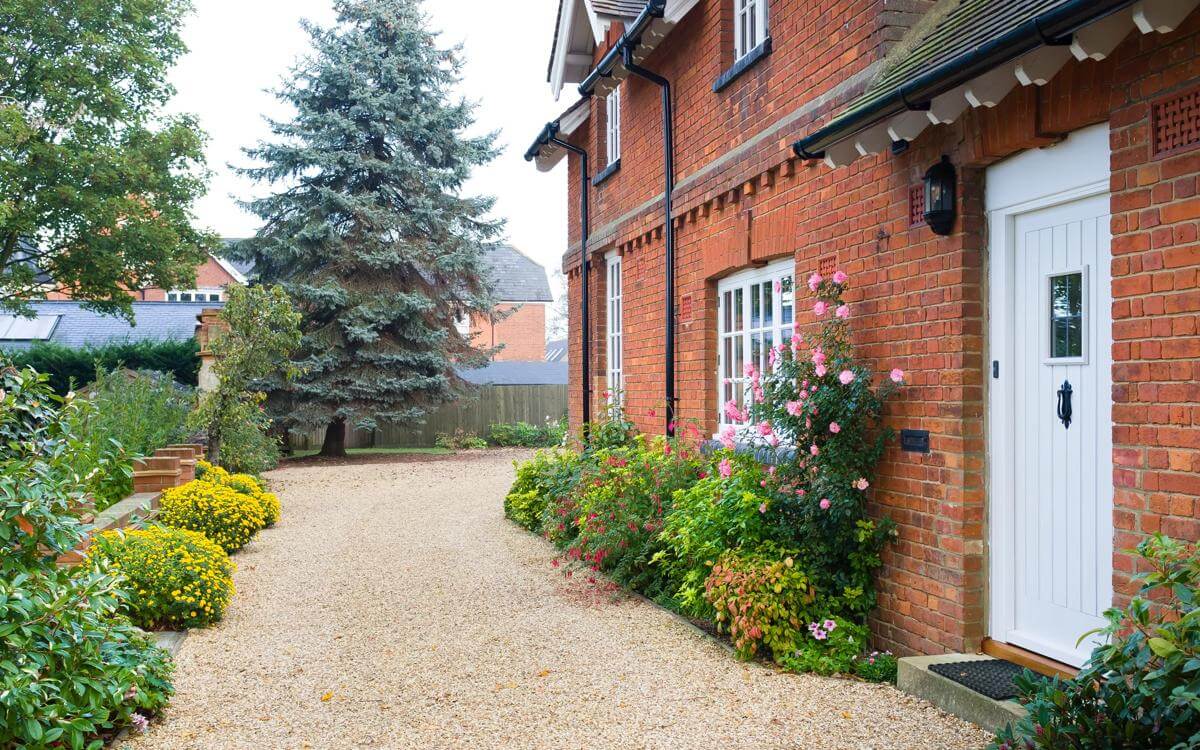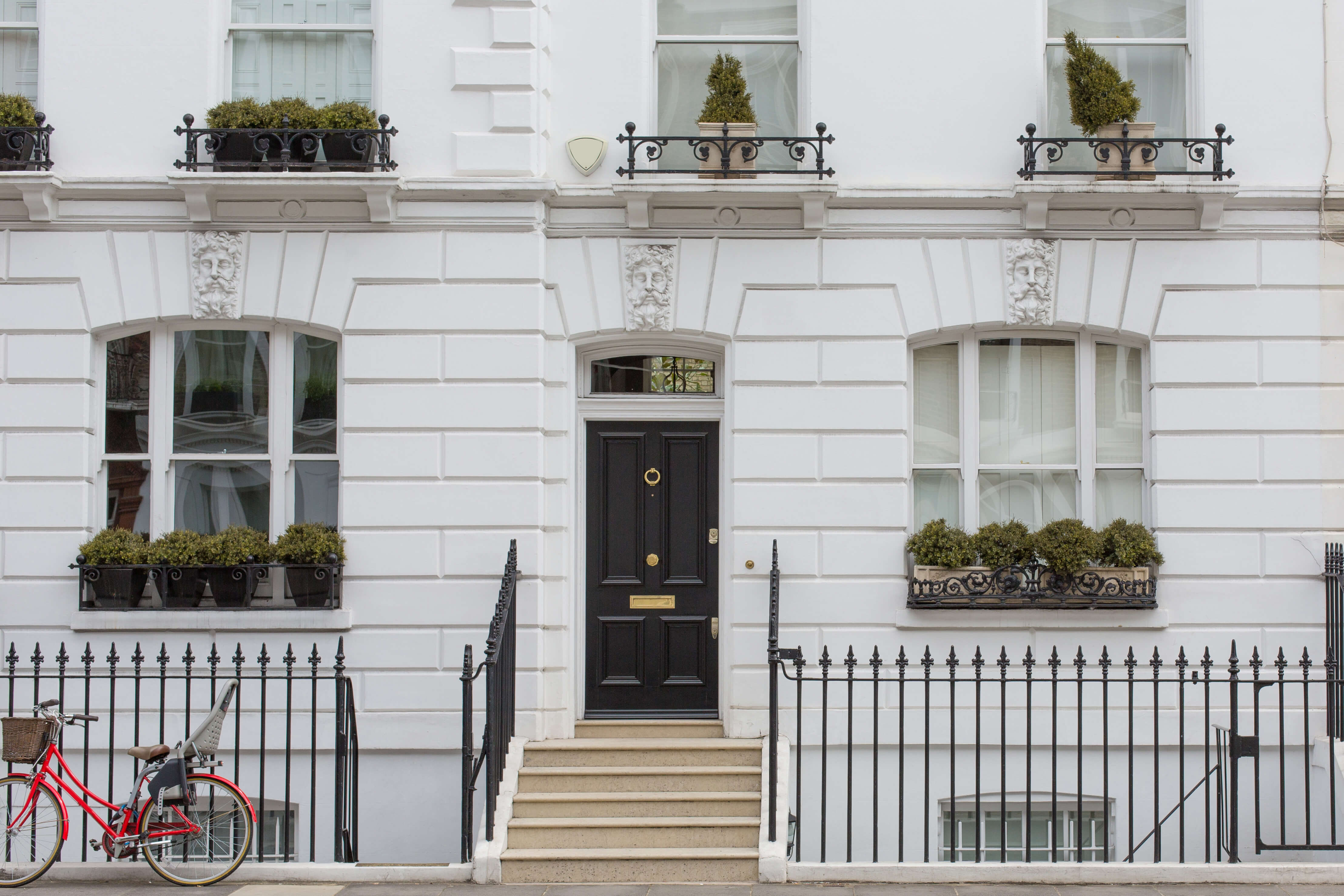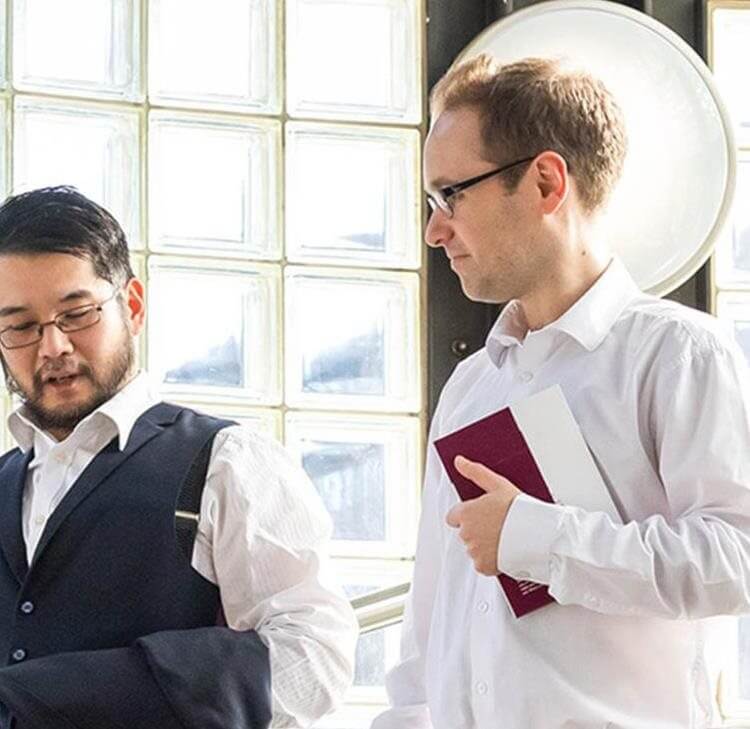It is often noted in passing that disputes over people’s wills and their estates seem to be on the rise. On this occasion, the gut feel is certainly backed up by the numbers.
In 2012 there were 80 'Inheritance Act' cases issued in the High Court in London. By 2018 that number had climbed to 128. In 2023 it was 182 (having hit 195 in 2022). The pattern is similar for 'will challenge' claims; 77 in 2016 climbing to 122 in 2023.
When the cases being issued in the various district registries of the High Court are taken into account, as well as the cases that never get as far as proceedings being issued, it is not hard to see just how frequent claims of this nature are becoming.
What is causing the increase in contentious probate claims?
As is often the case in life, there are numerous factors at play in this increase in probate disputes; we have an ageing population, with diverse family members and estates that are worth increasing amounts. Couple that with people being more aware that they can bring some sort of claim, and there is a perfect recipe for an increase in claims.
1. Ageing population
The 2021 Census records the population of England and Wales as containing just over 11m people aged 65 or older, around 16.4% of the population. In 2011 that figure was 9.2m and in 2001 it was 8.3m.
Unsurprisingly these figures have contributed to a higher rate of deaths. 2011 saw a record low of 8.6 deaths per 1000 people. That figure peaked above 10 during the Covid-19 pandemic, but was growing steadily before that, and is projected to increase further in the coming years, peaking around 2032.
2025 is also predicted to be the year where the United Kingdom will see more deaths than births, with the decade that follows likely to see that trend continuing, with perhaps as many as 100,000 more deaths than births.
All things being equal, this alone will have caused – and will continue to cause – an increase in the number of disputes over people’s wills and estates. But an ageing population is not driving this increase alone.
2. Blended families
Rates of Divorce in the UK climbed dramatically through the 70s, 80s and 90s, with a more than three-fold increase between 1970 and the peak in 1993.
A lot of these people will have re-married, and some will have children with their new spouses.
The majority of these people will also now be over the age of 65. So we have an ageing population, with an increasing number of deaths, and an increasing likelihood of a 'blended family' left behind after death.
Not all blended families fall out of course, but they frequently do carry some extra 'baggage'. Even if extra tensions are not present, there are often more people looking for a share of the deceased’s estate. There may be a surviving spouse, with children of their own, and often also children from a first (or second) marriage. In some cases the ex-spouse may still be alive, and may have been dependent on the deceased to some extent.
These factors all increase the chance of at least one person being unhappy with their share.
So those two factors increase the chances of a situation arising whereby somebody is unhappy with their potential inheritance. But that alone will not drive an increase in claims being issued in contentious probate cases. So what else is causing this increase?
3. Public awareness
There was a time when potential clients would call and enquire gently as to whether they might, just possibly, be able to make some sort of claim against an estate. Now it is not uncommon for people to call and mention the 'Inheritance Act' or a 'will challenge based on lack of capacity' during the first minutes of a call.
Not only do people have access to 'Google lawyer' in their pockets these days, but there have been various high-profile probate disputes reported in the national press in recent years. We have also seen TV dramas like The Inheritance and Succession deal with these issues, or Apple TV’s 'Battle of the Wills' which features analysis of real life cases.
So there are more estates to argue over, an increase in complex family dynamics creating more potential for a dispute, and more people being aware they can do something about it. But then what is pushing people over the line and making them actually bring a claim?
4. More valuable estates
Inheritance disputes are no longer exclusively for the rich, and that is partly down to the seemingly never ended surge in house prices over the past three decades.
In January 1995, the average house in England and Wales cost £52,623. That was approximately three and half times the average salary in England and Wales. By August 2022, the cost of the average house in England and Wales had climbed above £300,000 for the first time (and has remained there or thereabouts since). That is approximately eight times the average salary in the UK. To put it another way, in 'real terms' the cost of the average house has more than doubled in that time.
And that is just the UK average. House prices in some regions will have increased even more dramatically. Somebody who may have bought a typical family semi in the south-east in 1995 for say £100,000, may now find themselves owning a property worth £600,000.
People who may not have considered themselves wealthy, or who have died leaving no assets at all other than their house, may well now have an estate that is valuable.
That increase in house prices versus average wage adds further fuel to the fire; people who are inheriting are also feeling the squeeze. Where once people might have been able to say “it’s only money” and walk away from a potential dispute with family, those same people are now saying “I need that inheritance”. They say necessity is the mother of invention after all.
What does the future hold for probate disputes?
The factors above showed no signs of slowing. In some cases they are actually projected to trend upwards, and add yet more fuel to the fire in the coming years.
Contact

Daniel Edwards
Partner
daniel.edwards@brownejacobson.com
+44 (0)330 045 2533




























